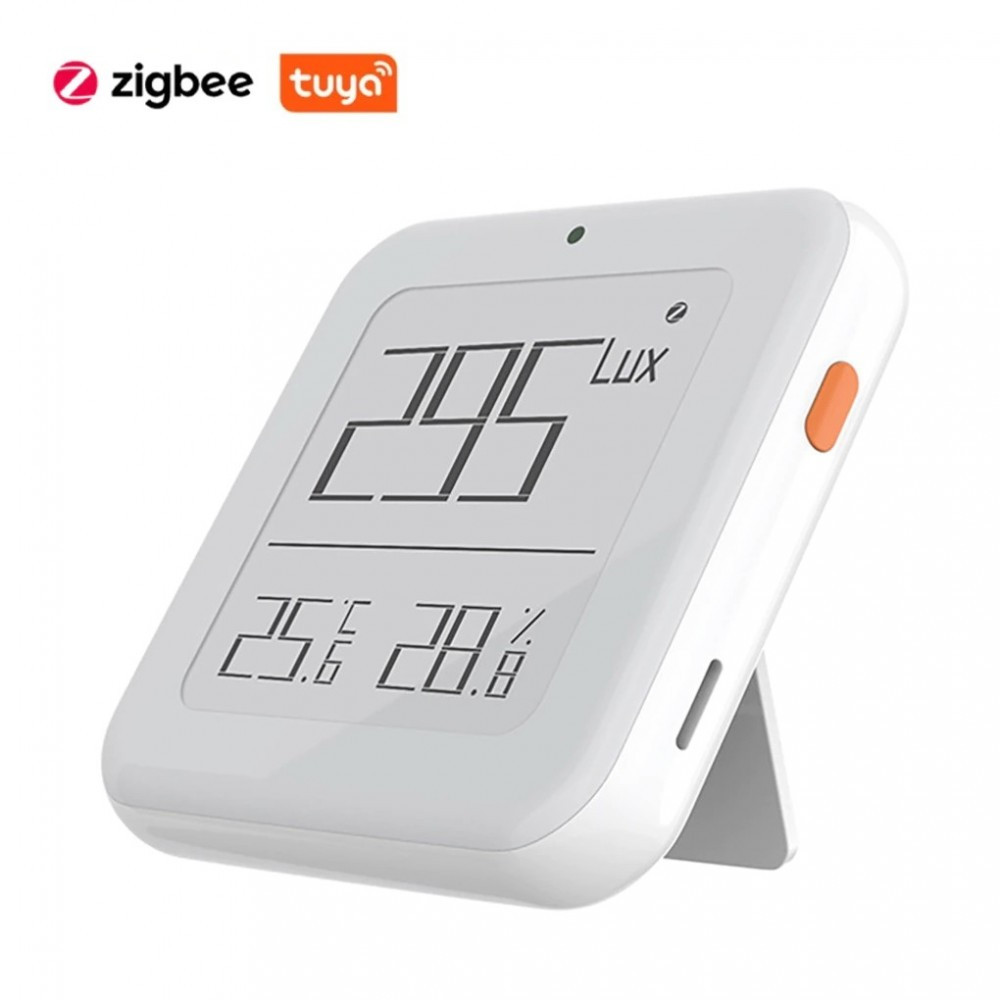
Mastering Comfort with Smart Home Humidity Control
Maintaining the right level of humidity in your home is crucial for both comfort and health. Smart home humidity control systems have emerged as a sophisticated solution, offering precise regulation and convenience. This article explores the significance of smart humidity control, its benefits, and how it transforms living spaces into havens of optimal humidity.
Understanding the Impact of Humidity
Humidity levels play a pivotal role in our everyday lives. Too much humidity can lead to discomfort, mold growth, and respiratory issues, while excessively dry air can cause skin irritation, respiratory problems, and damage to wooden furniture. Achieving the right balance is essential for creating a healthy and pleasant indoor environment.
Benefits of Smart Home Humidity Control Systems
Smart humidity control systems bring a host of benefits to homeowners. These systems offer real-time monitoring and adjustment capabilities, ensuring that humidity levels remain within the desired range. Additionally, many smart systems integrate with other smart home devices, allowing for seamless automation and control through mobile apps or voice commands.
Precision and Automation in Humidity Regulation
One of the standout features of smart home humidity control is the precision it offers. Traditional humidifiers or dehumidifiers often operate on a manual basis, requiring constant adjustment. Smart systems, however, utilize sensors to continuously monitor humidity levels and automatically adjust settings, providing a hands-free and accurate solution for maintaining optimal conditions.
Integration with Smart Home Ecosystems
Smart home humidity control is most effective when integrated into a broader smart home ecosystem. Many systems seamlessly connect with other smart devices such as thermostats, ventilation systems, and smart assistants. This integration allows for a holistic approach to indoor climate control, creating a more efficient and responsive environment.
Energy Efficiency and Cost Savings
Smart humidity control systems contribute to energy efficiency by optimizing the operation of HVAC systems. By preventing excessive humidity, air conditioners can operate more efficiently, leading to potential energy savings. This not only benefits the environment but also translates into cost savings on energy bills for homeowners.
Humidity Control for Health and Well-being
Maintaining the right humidity levels is essential for personal health and well-being. Smart systems contribute to a healthier indoor environment by preventing the growth of mold and reducing the risk of respiratory issues. Optimal humidity levels also promote skin health and overall comfort, creating a space where occupants can thrive.
Tailoring Humidity Control to Seasonal Changes
Seasonal changes often bring fluctuations in humidity levels, requiring adaptive control. Smart humidity systems excel in this aspect, adjusting settings based on external conditions. Whether it’s combating excess humidity during the summer or preventing dry air in the winter, these systems adapt to the seasonal needs of your home.
Installation and Setup of Smart Humidity Control
The installation and setup of smart humidity control systems are typically user-friendly. Many devices can be easily integrated into existing HVAC systems or used as standalone units. Wireless connectivity and intuitive interfaces simplify the setup process, making it accessible for homeowners who are not tech-savvy.
Exploring Smart Home Humidity Control Solutions
For those interested in exploring smart home humidity control solutions, Smart home humidity control provides a comprehensive platform with insights and options. Discover the latest innovations in smart humidity control technology and embark on a journey to create a home that prioritizes comfort, health, and efficiency.
